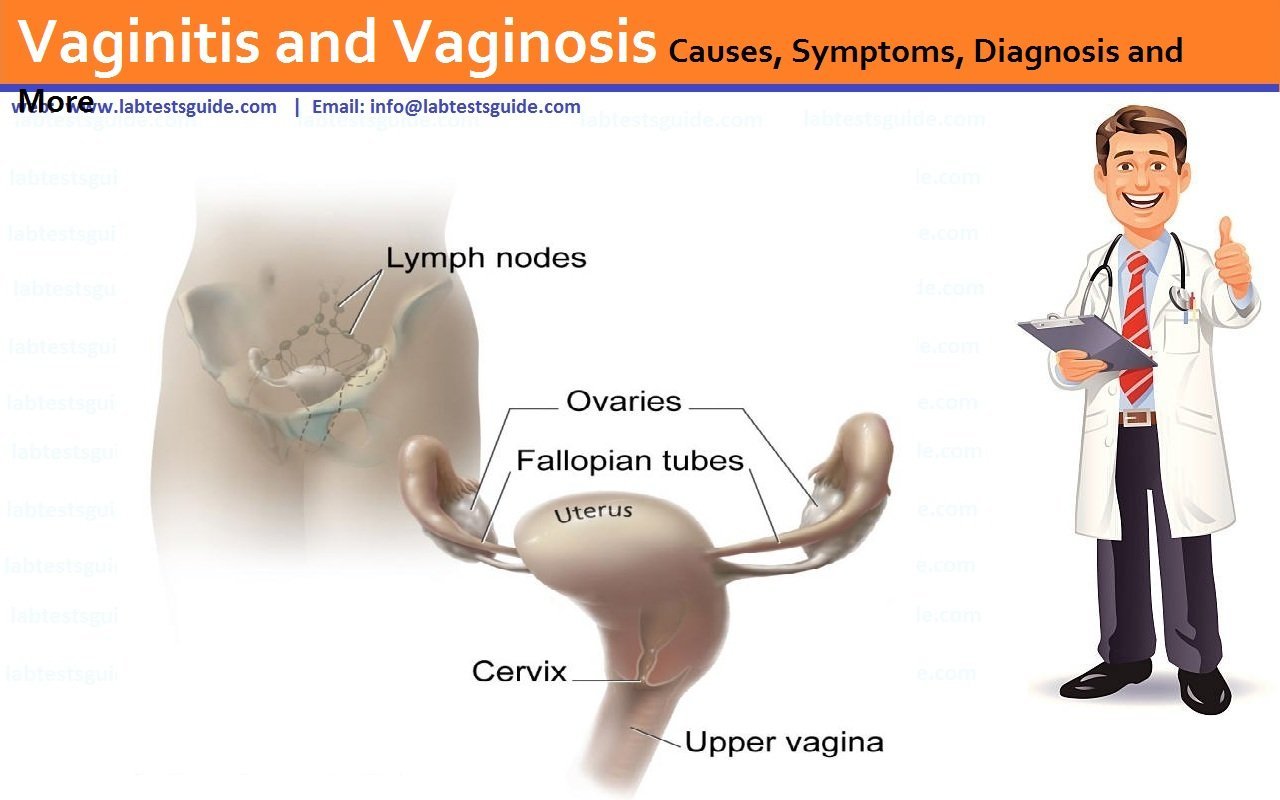
An autoimmune disease is a condition in which your immune system mistakenly attacks your body.
The immune system normally guards against germs like bacteria and viruses. When it senses these foreign invaders, it sends out an army of fighter cells to attack them.
Normally, the immune system can tell the difference between foreign cells and your own cells.
Symptoms Autoimmune Disease
The early symptoms of many autoimmune diseases are very similar, such as:
- fatigue
- achy muscles
- swelling and redness
- low-grade fever
- trouble concentrating
- numbness and tingling in the hands and feet
- hair loss
- skin rashes
Some Common Autoimmune Diseases
- Type 1 diabetes
- Rheumatoid arthritis (RA)
- Psoriasis/Psoriatic Arthritis
- Multiple sclerosis
- Systemic lupus Erythematosus (SLE)
- Inflammatory bowel disease
- Addison’s disease
- Graves’ disease
- Sjögren’s syndrome
- Hashimoto’s thyroiditis
- Myasthenia gravis
- Autoimmune vasculitis
- Pernicious anemia
- Celiac Disease
More than 80 different autoimmune diseases exist. Often their symptoms overlap, making them hard to diagnose.
Related Articles:
RSS Error: https://www.labtestsguide.com/category/conditions/feed is invalid XML, likely due to invalid characters. XML error: > required at line 381, column 16
RELATED POSTS
View all

